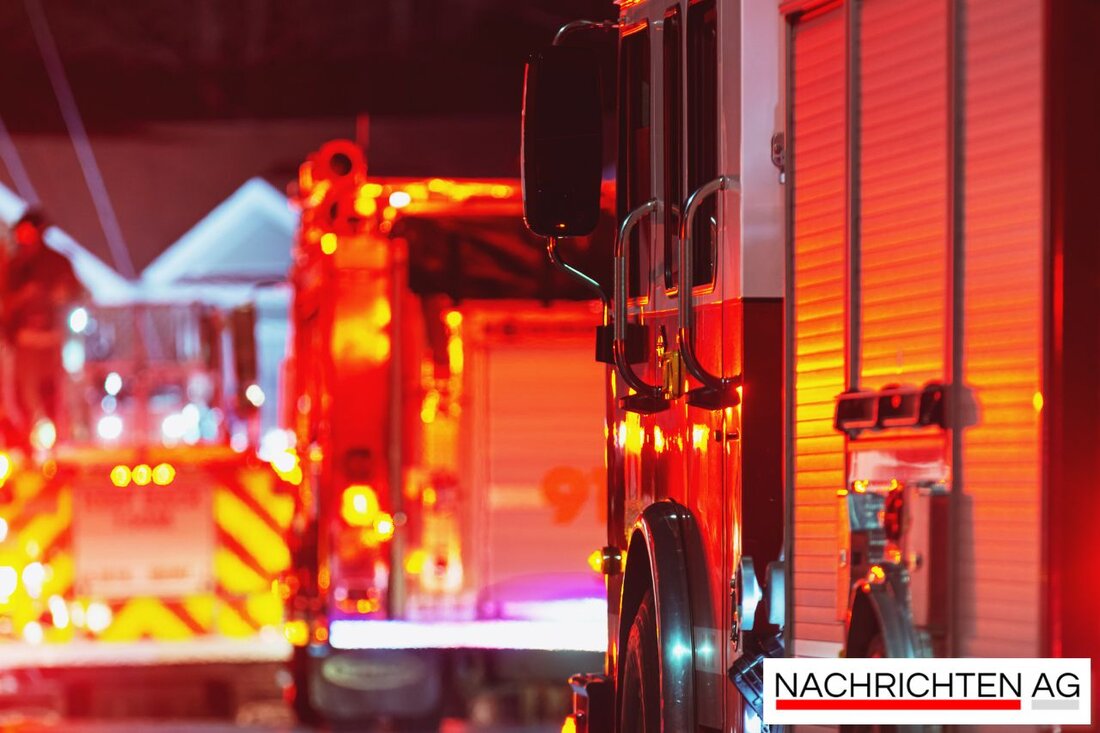Landfill in Rosenow: waste crisis or climate protection? New challenges!
The Rosenow landfill in Mecklenburg-Western Pomerania shows progress in climate protection through waste management and new technologies.

Landfill in Rosenow: waste crisis or climate protection? New challenges!
In the municipality of Rosenow, in the Mecklenburg Lake District, everything currently revolves around waste disposal and the explosive issue of climate protection. The local landfill, operated by Ostmecklenburgisch Vorpommerschen Vernutz- und Deponie GmbH (OVVD), has played a central role in waste management since the landfill law was introduced on June 1, 2005. This law aims to reduce harmful greenhouse gases from waste, which is of great importance to the region. Every year, over 200,000 tons of household waste end up in Rosenow, of which only around 40 percent is landfilled. Around 20 percent of household waste, especially wood and metals, is returned to the circular economy, while the remaining 40 percent, mainly plastics, is incinerated.
This is good business, but the situation also has its downsides. On average, the volunteer fire department responds to landfill fires nine times a year, and this trend is increasing. Particularly problematic is the improper disposal of lithium-ion batteries, which are increasingly responsible for these fires. A topic that is unfortunately not only more relevant than ever in Rosenow, but is also causing alarm throughout Germany.
Battery recycling and take-back obligations
Waste management is particularly struggling due to the new obligation to take back batteries. There are a total of around 3,309 recycling centers in Germany, but only 150 of them are equipped for the safe storage of certain types of batteries. How Remondis reports, municipal waste disposal providers are faced with enormous challenges due to the increasing volume of waste. Questions about qualified personnel and solid solution concepts arise.
Points of criticism have also arisen, particularly from the German Association of Cities and Municipalities, which call for a flexible manufacturer organization. The new take-back obligation not only brings an increased risk of fire, as HDE environmental officer Stefanie Stadie emphasizes, but also places a heavy burden on the resources of waste disposal companies.
A look into the future: batteries and mobility
If you look beyond national borders, you can see another aspect of change that is related to batteries. From 2035, new cars with petrol or diesel engines will no longer be allowed to be registered in the EU. Electric motors are in demand, and with them the development of sustainable lithium-ion batteries. This technology requires advanced materials, the recycling of which currently requires a lot of effort. Fraunhofer shows how research projects like “Kolibri” aim to improve the environmental balance of these batteries and ensure climate-friendly mobility.
The challenge is: How can this technology be further developed so that it is fully recyclable at the end of its life? Concepts for annual environmental assessment and reducing dependence on raw materials are now gaining momentum and show that the path to a cleaner future requires public and economic effort.
Overall, the landfill in Rosenow is not just a place for waste disposal, but a symbol of change in waste management. With massive investments being made in new sorting and rotting plants, the signs point to progress. And even if the challenges are great, this is a good example of how ecological responsibility and economic reality can be reconciled.

 Suche
Suche
 Mein Konto
Mein Konto